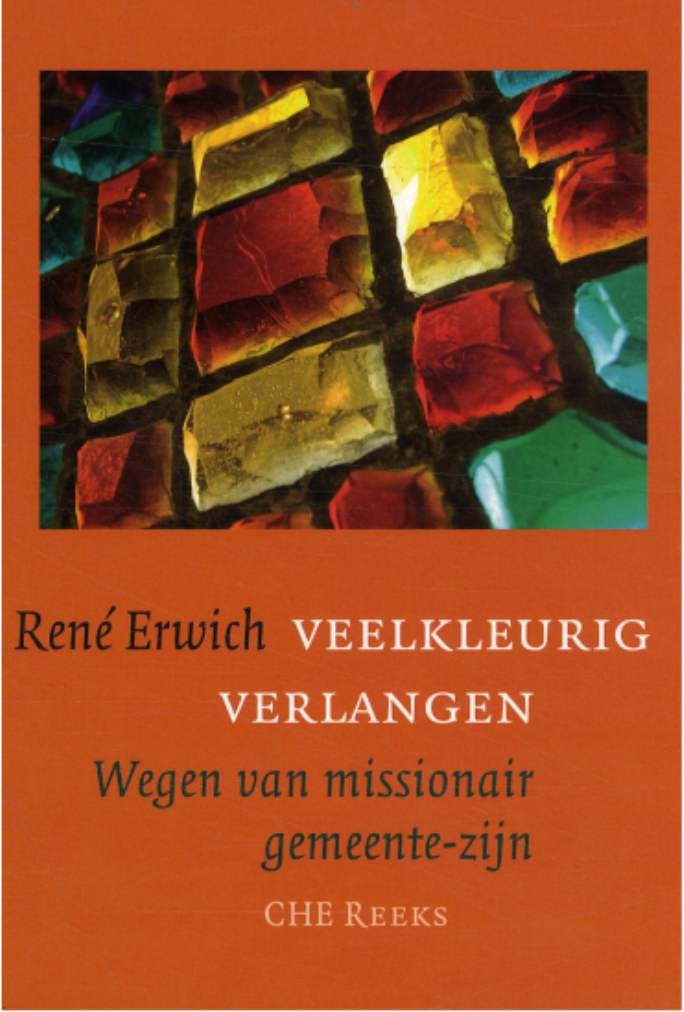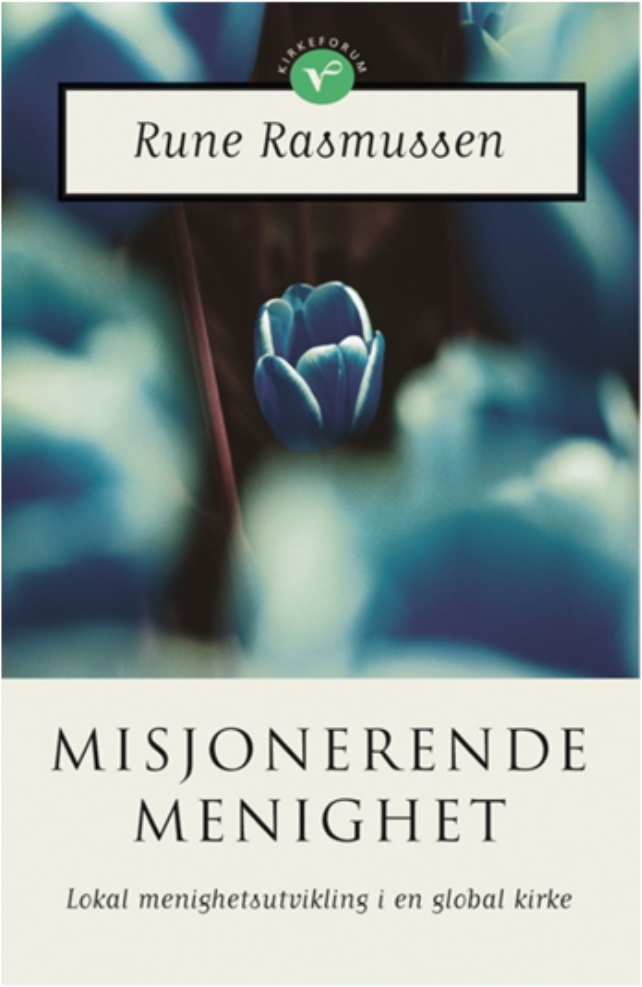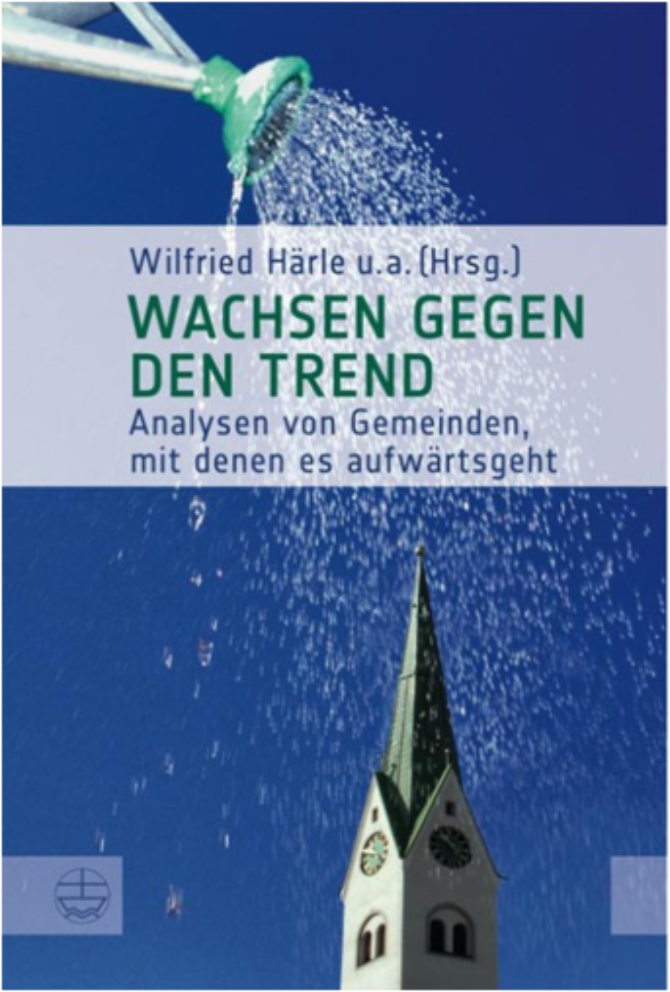Non-English books about the missional conversations
Darrell Jackson reviews three non-English titles relating to the missional conversation as it unfolds across Europe, written in Dutch, Norwegian, and German respectively. Taken together they give a flavour of how mission-minded church leaders are trying to engage in the missional conversation across the continent.
Erwich, R. (2008) Veelkleurig Verlangen: wegen van missionair gemeente-zijn (Multicoloured dreams: ways of being a missional church), Zoetermeer: Uitgeverij Boekencentrum.
René Erwich is a Dutch Baptist pastor and a practical theologian who provides leadership within the theological faculty at Ede Christian University and serves as an Associate Professor of Practical Theology at the Evangelical Theological Faculty in Leuven, Belgium.
He surveys six ways that Dutch churches have attempted to develop a more missional identity and nature, reviewing Christian Schwarz’s NCD model; Christian Möller’s Word-based Congregational Development; Jan Hendrik’s open church (an ‘inn’ or ‘hospitable city’) model; Rick Warren’s purpose-driven church; Bill Hybel’s seeker-sensitive model; and the ‘church-life’ model of Peter Kaldor. He welcomes the experimental attitude that drives these innovative attempts at intentional missional renewal but honestly acknowledges that they have achieved varying levels of success
He concludes with a discussion of congregational planting and development in the Low Countries, critiquing these in light of the missional church conversation as initiated by van Gelder and others from the US Gospel and Culture group and then offering a brief discussion of other voices in the discussion, including those of Maclaren, Kimball, Frost, and Hirsch. Erwich then introduces several examples of congregations that model a more missional approach rooted in this conversation, including Via Nova and Hope voor Noord (Hope for the North) in Amsterdam, and In de Praktijk (‘In Practice’) from Den Haag.
Erwich finally offers a typology of these six models, locating the three Dutch examples on a continuum of classical conservative to progressive ecclesiologies.
Rasmussen, R. (2004) Misjonerende Menighet: local menighetsutvikling i en global kirke (Missional Congregation: local congregational development in a global church), Stavanger: Verbum Forlag
Norwegian pastor, Rune Rasmussen offers a more personal approach in his 2004 Misjonerende Menighet: local menighetsutvikling i en global kirke (Missional Congregation: local congregational development in a global church), Stavanger: Verbum Forlag. As a Lutheran pastor, Rasmussen faced the challenge of establishing a new missional congregation within an existing Stavanger parish of the Church of Norway. Encouraged and supported by the Norwegian Mission Society and inspired by stories from the Anglican Fresh Expressions initiative, Rasmussen established a vibrant and mission-shaped congregation built around Christian discipleship and witness in small congregational ‘cells’.
His book contains a sustained theological reflection on the new paradigms that underpinned his vision for the new parish, drawn in contrast with traditional folk-church, prayer-house, and programme-driven alternatives. A familiar list of missional church authors completes his references although the fact that most of them are not Norwegian underlines the relative lack of missional reflection from within the Norwegian context (with only a few honourable exceptions).
EKD (2008) Wachsen gegen den Trend (‘Growth against the trend’), Leipzig: Evangelische Verlagsanstalt
The mainline EKD, or German Evangelical Church’s, 2008 Wachsen gegen den Trend (‘Growth against the trend’), Leipzig: Evangelische Verlagsanstalt is a little different to the other books reviewed here. It contains a series of case studies describing parishes experiencing growth within the state Church of Germany. These parishes have greater theological diversity than the other two titles reviewed here but there are several examples of what can be clearly identified as having a more obviously missional character, including those at Nierenhof and the Andreasgemeinde at Niederhöchstadt.
This book represents an important contribution to the broader missional conversation from within the challenging context of a mainline denomination in Germany. As such, it attempts to do what a number of Anglicans have been able to achieve within the Church of England by highlighting examples of growth and vitality (including but not limited to the Fresh Expressions network) as a means of encouraging other Anglican parishes to move into more missional ways of being the Church.
Darrell Jackson



